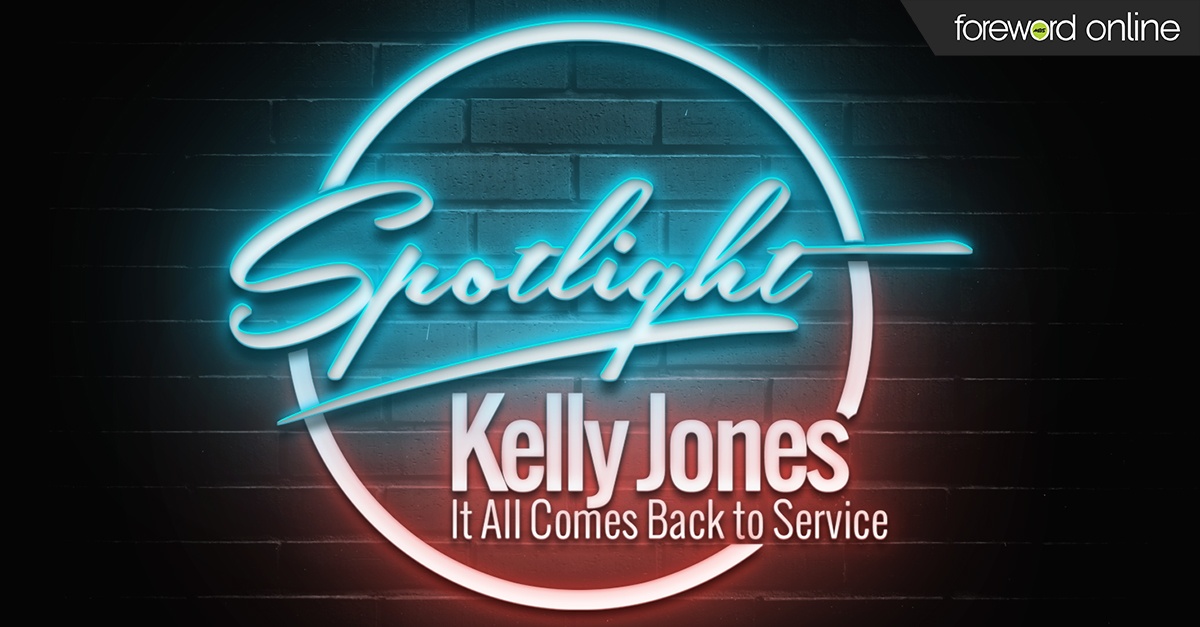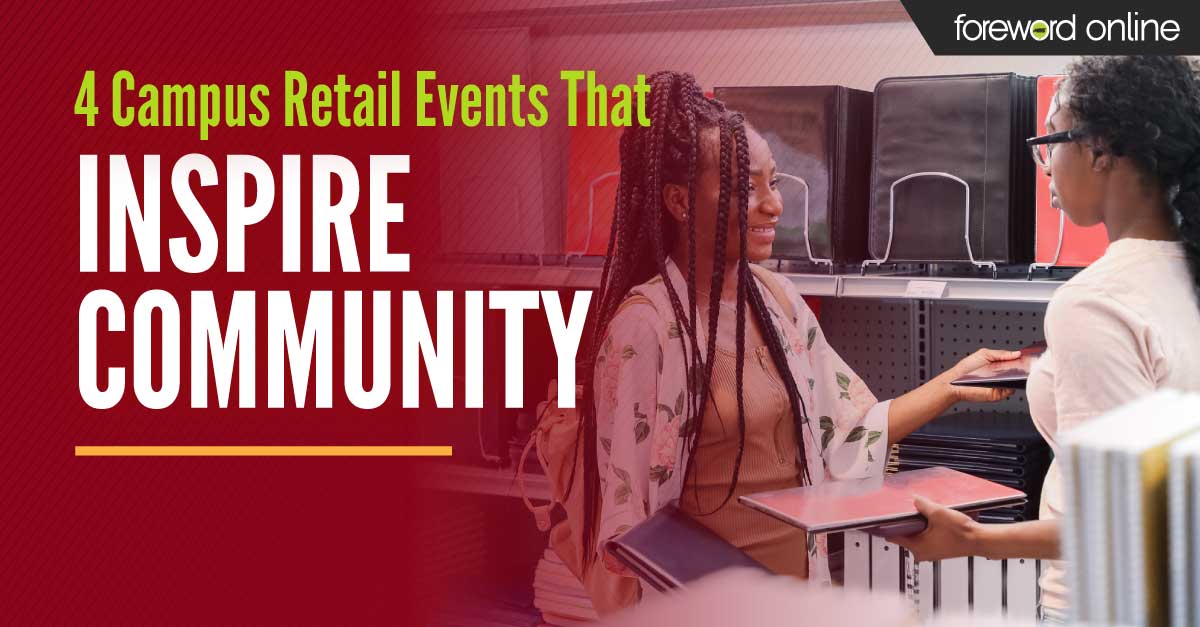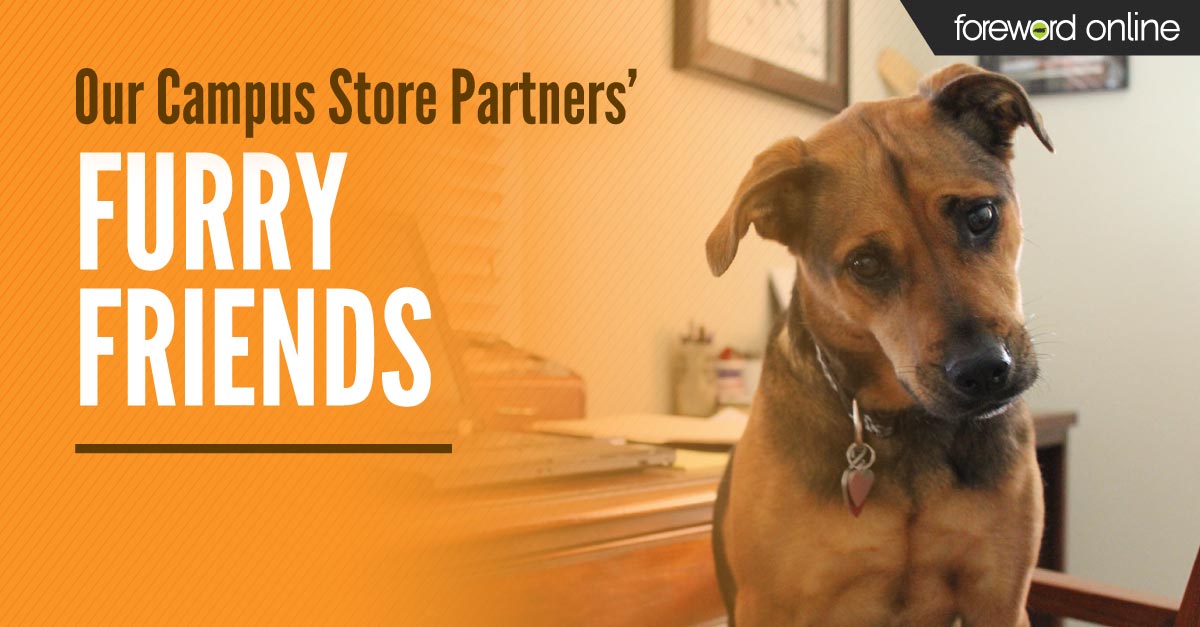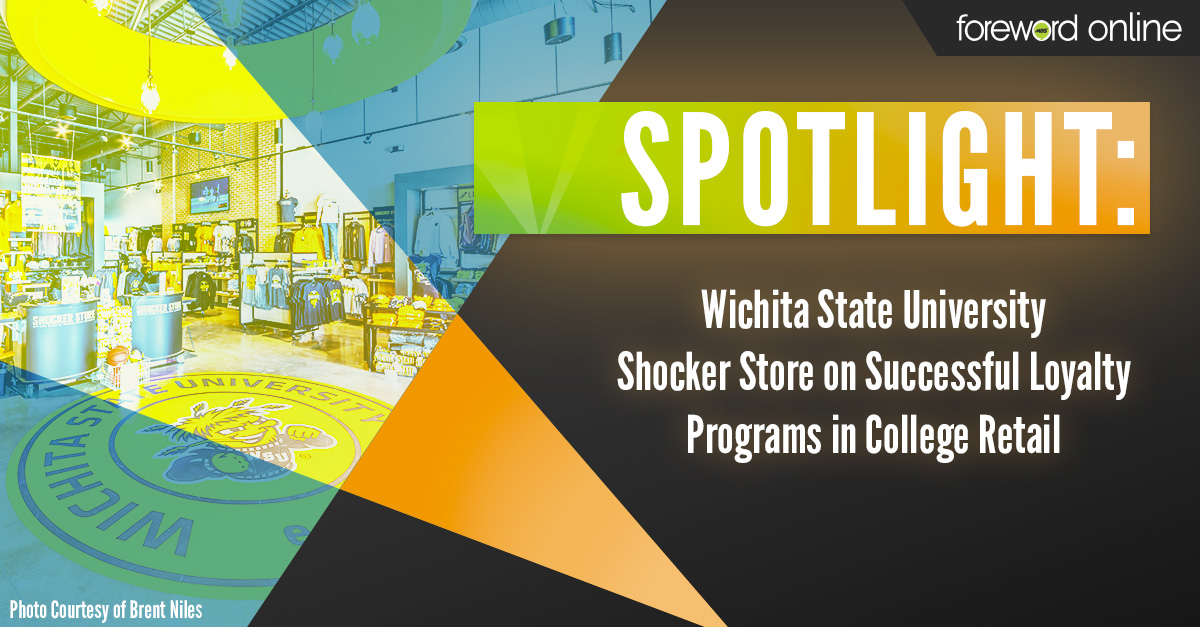MBS Direct Executive Director of Client Services, Kelly Jones, has been helping educators find course materials solutions since 2002. We sat down with her to discuss the latest challenges in education, the reason more schools are investing in hybrid solutions and the future of the textbook industry.
What is the biggest challenge you see educators facing right now?
The change in how students are learning. Faculty and administrators are trying to make the best decisions on how to move forward. Students aren’t buying print books any more. They aren't showing up to class and going to page three. They’re going to an online portal instead. It’s a different way for faculty and administrations to think about their students and their success at the institution.
How do schools look at students?
I think every school is trying to figure out retention. It all comes back to service to the student. What are they getting out of this? From the classroom experience to course materials — all of that has to be considered.
What sorts of problems do clients need MBS Direct to solve?
Every single institution is different. It doesn’t matter what they bring to us as a concern or an issue or a problem — the people we have here are 100% invested in finding a solution in some way. I think that makes schools comfortable with the services we’re providing — knowing that we’ll come up with a solution. And it makes schools comfortable referring others to us.
Is there one problem you see more often than others?
Students don’t buy textbooks anymore. They consider course materials an optional purchase. They’ll show up to class and just take notes from the instructor. So, finding solutions to this problem — whether it’s inclusive access or other cost-savings programs that benefit the student — is probably the No. 1 thing that we’ve been discussing recently.
How does that affect student success and retention?
Ultimately, the students aren’t prepared for class. It sets them up not to succeed. Research shows students who buy their materials two weeks before classes start are more likely to succeed in a course.
How does an inclusive access model solve the problem of students not buying course materials?
An inclusive access model ensures the student doesn’t have to do anything to acquire books. All they do is show up on campus and their books are there waiting for them from the moment classes begin. All the work is done on the MBS side, on the back-end. We auto-fulfill for the campus. So, the student just shows up, they go to the store on campus, pick up their course materials box and they’re ready to go. They never see a bill, they never see anything. They just have their books.
How does an online bookstore encourage students to buy their books?
Students feel comfortable coming to our online bookstore because they know they’re going to get the best deal. We have new, used, rental, digital, Marketplace. We have Guaranteed Buyback. Students know they can sell their books back at the end of the semester. The goal is that they feel more comfortable coming to the site. They know they got the best deal and they can be on their way. It’s one-click ordering and all the materials are shipped to their home.
Does an online environment appeal more to today’s digital natives?
Not only that, but it’s so much simpler. They come to our website, they put in the student ID, we populate their entire course schedule. So, it’s like click, click, I have my books on the way versus walking into a store and going from shelf to shelf and trying to sort through piles of material.
The industry has changed. Retail has changed. Everyone shops online. Why would textbooks be any different?
A lot of schools are moving to a hybrid solution. They sell spirit wear at the campus store and course materials online. Why do that?
Selling course materials at the campus store has become a financial burden for schools. If you don’t move the textbooks off the shelf, it's a huge financial burden on the institution. That’s probably the No. 1 driving force behind making a transition like this.
But going back to What does a student really expect today in a shopping experience? They don’t go to that brick and mortar store anymore. They go online and they price shop. So, why are textbooks any different? They’re going to go online and order their books.
What role does the college store director or course materials manager have in a hybrid solution?
That role is essential to the success of taking the books online. Ultimately, that person still has the relationships with the faculty to get adoptions in early and then share those relationships with us. It’s crucial for that person — just to have the outreach on campus — to be an extension of MBS Direct.
What does MBS Direct do with OER?
Open Educational Resources are becoming very popular among our schools. I think everyone’s trying to figure out what is going to be the path for OERs going forward. So, we have a team dedicated to reaching out some of these OER and alternative content partners to make sure that we’re bridging the gap and getting their products available to our partner institutions. So, companies like CogBooks or Barnes & Noble LoudCloud — we consolidate all of the offerings they have. That way we can share them with institutions. Everybody says, OER, What do I do? We try to be the experts, say, Here, this is what that means. We focus on delivering OER to the student.
What do you think sets MBS Direct apart from other providers?
Our people are very passionate about being in the education space. Schools should be confident about partnering with MBS for that reason. They’ll never be just another number. It’s truly a partnership. We work with our schools to provide well-rounded solutions.
What about you? What are you passionate about?
Working with our partner institutions, thinking out of the box every day, coming up with solutions in an ever-changing industry. No day is ever the same, simply because education is changing so much. It’s neat to come in, be passionate about what I do, help shape how students keep evolving the learning process.





